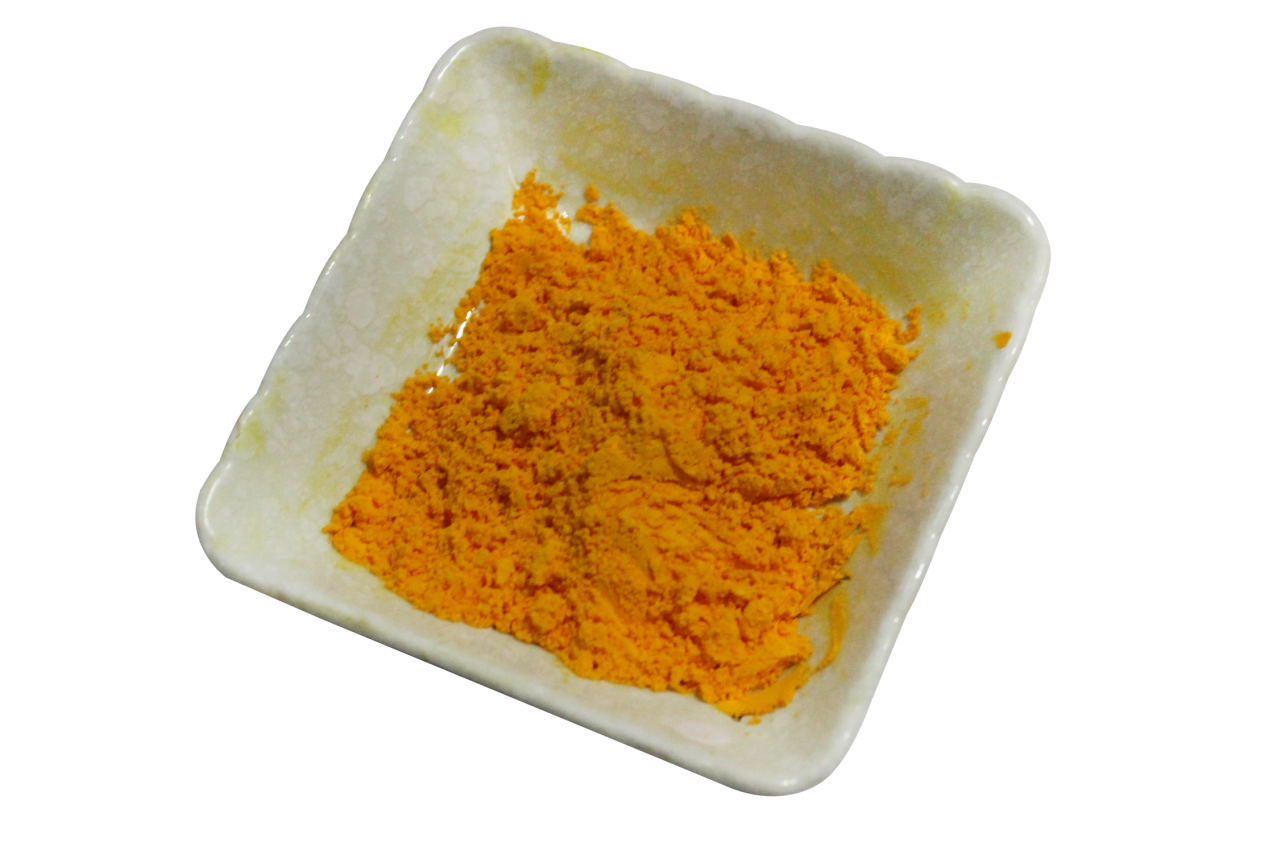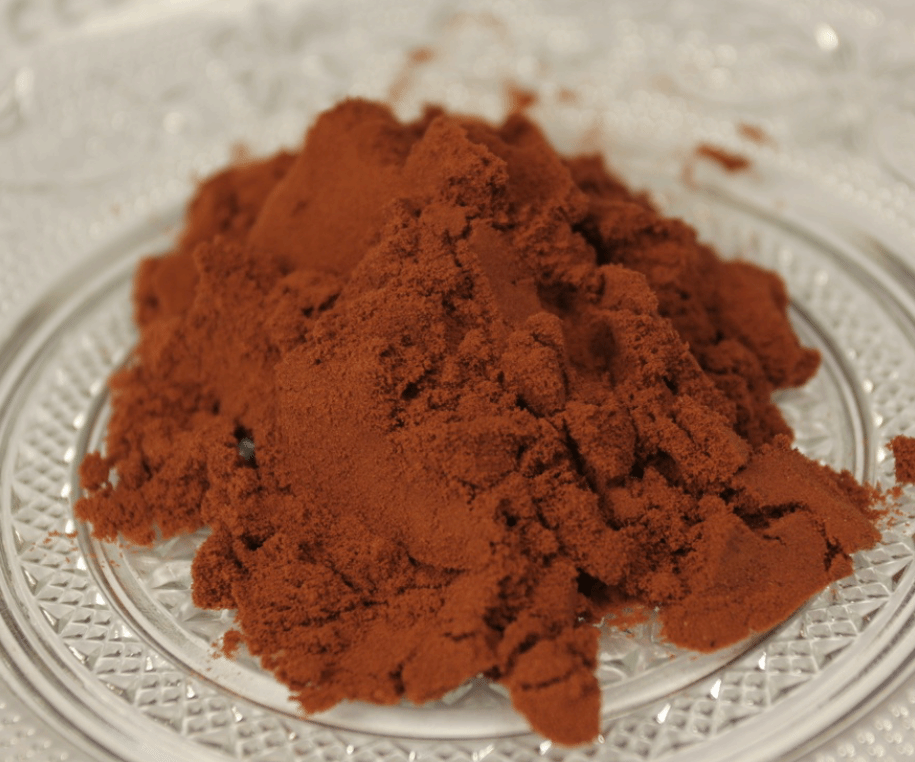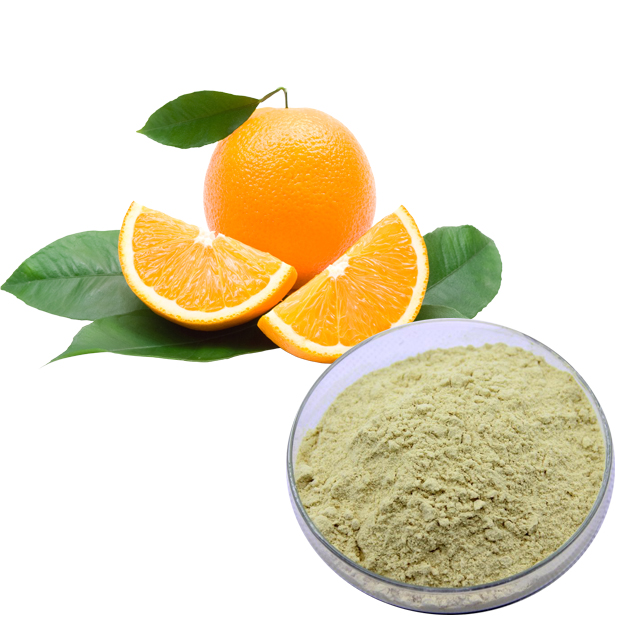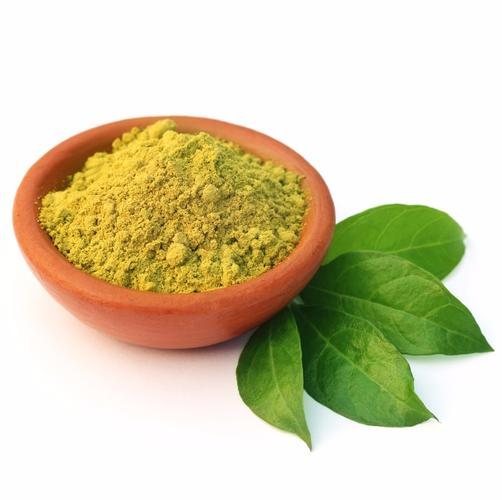The Truth About Amygdalin: Separating Fact from Fiction
Amygdalin, also known as amygdaloside or mandelonitrile β-D-glucoside, is a natural glycoside compound found in various plants, particularly prominent in the seeds of apricots, bitter almonds, apples, peaches, and plums.
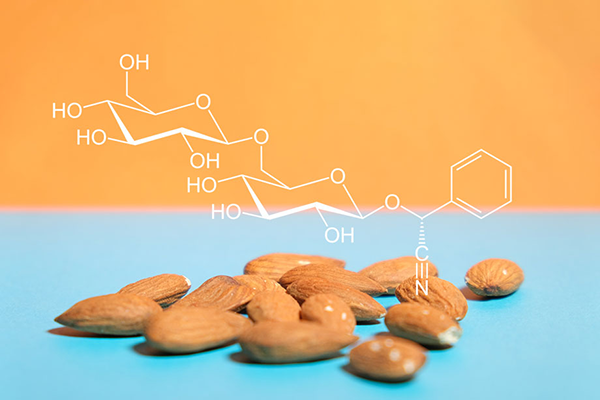
Amygdalin, also known as vitamin B17, has been a topic of controversy and debate in the health and wellness community for many years. Some claim that it has powerful anti-cancer properties, while others argue that it is toxic and dangerous. In this blog, we will explore the truth about amygdalin, separating fact from fiction and providing a balanced perspective on this intriguing compound.
What is Amygdalin?
Amygdalin is a naturally occurring compound found in the seeds of many fruits, including apricots, peaches, and bitter almonds. It is also present in small amounts in other plant foods, such as lima beans, sorghum, and millet. Amygdalin has gained attention due to its potential anti-cancer properties, as well as its use in alternative and complementary medicine.
The Controversy Surrounding Amygdalin

The controversy surrounding amygdalin stems from its metabolite, cyanide, which is released when amygdalin is broken down in the body. Proponents of amygdalin argue that the cyanide released from amygdalin is selectively toxic to cancer cells, while leaving healthy cells unharmed. However, opponents of amygdalin claim that the cyanide released can be harmful and even fatal, especially when consumed in large amounts.
The Anti-Cancer Claims
One of the most widely publicized claims about amygdalin is its potential anti-cancer properties. Proponents of amygdalin argue that it can selectively target and kill cancer cells, while leaving healthy cells unharmed. They point to anecdotal evidence and personal testimonials as proof of its effectiveness in treating cancer. However, the scientific evidence supporting these claims is limited and inconclusive.
A study published in the Journal of Clinical Oncology in 1982 found no evidence that amygdalin had any anti-cancer effects. In fact, the study concluded that amygdalin was ineffective in the treatment of cancer and could cause cyanide poisoning. Despite this, some alternative cancer clinics continue to offer amygdalin as a treatment for cancer, often under the name "laetrile."
The Risks and Dangers
The potential risks and dangers of amygdalin cannot be overlooked. When amygdalin is broken down in the body, it releases cyanide, a potent toxin that can be harmful or even fatal in high doses. Symptoms of cyanide poisoning include headache, dizziness, nausea, vomiting, rapid breathing, and in severe cases, loss of consciousness and death.
In 1977, the U.S. Food and Drug Administration (FDA) banned the sale of amygdalin as a cancer treatment, citing its potential toxicity and lack of proven efficacy. Despite this, amygdalin is still promoted and used by some individuals as an alternative cancer treatment, often without the oversight of a qualified healthcare professional.
The Importance of Evidence-Based Medicine
In the world of health and wellness, it is crucial to rely on evidence-based medicine and scientific research when evaluating the safety and efficacy of any treatment, including amygdalin. While anecdotal evidence and personal testimonials can be compelling, they are not a substitute for rigorous scientific studies and clinical trials.
It is also important to consider the potential risks and benefits of any treatment, especially when it comes to serious conditions such as cancer. The decision to use amygdalin or any other alternative treatment should be made in consultation with a qualified healthcare professional who can provide guidance based on the best available evidence.
A Balanced Perspective
While the scientific evidence supporting the use of amygdalin as a cancer treatment is lacking, it is important to acknowledge that some individuals may still choose to explore alternative and complementary treatments, including amygdalin. It is crucial for these individuals to be well-informed about the potential risks and limitations of such treatments and to seek guidance from qualified healthcare professionals.
In conclusion, the truth about amygdalin is complex and multifaceted. While some continue to advocate for its use as an alternative cancer treatment, the scientific evidence supporting its efficacy is limited and the potential risks are significant. It is essential for individuals to approach the topic of amygdalin with a critical and informed perspective, seeking guidance from qualified healthcare professionals and relying on evidence-based medicine.
Contact:James Yang
Tel/WhatsApp:+8619992603115
WeChat:19992603115
Email:sales@xabcbiotech.com



